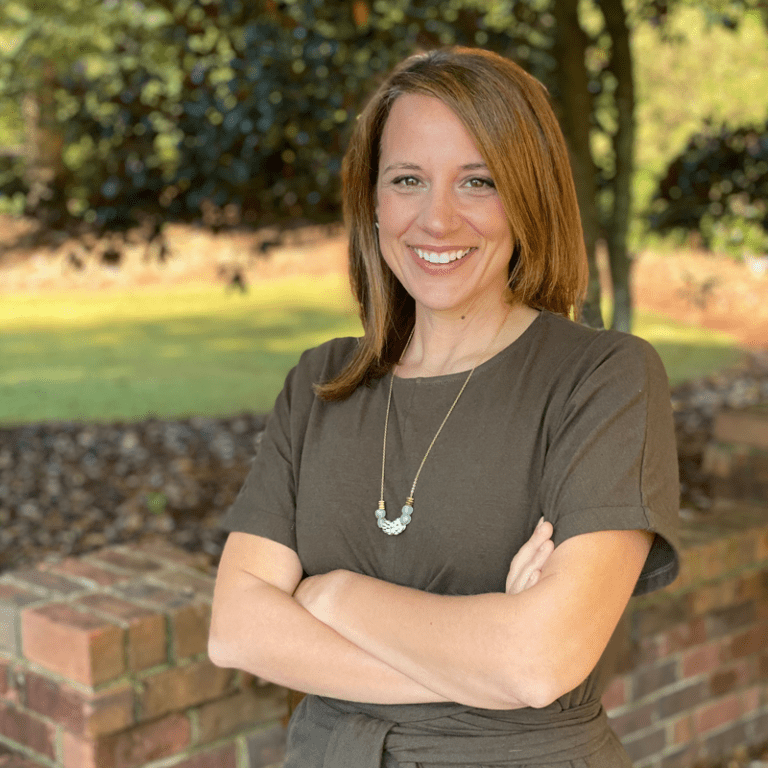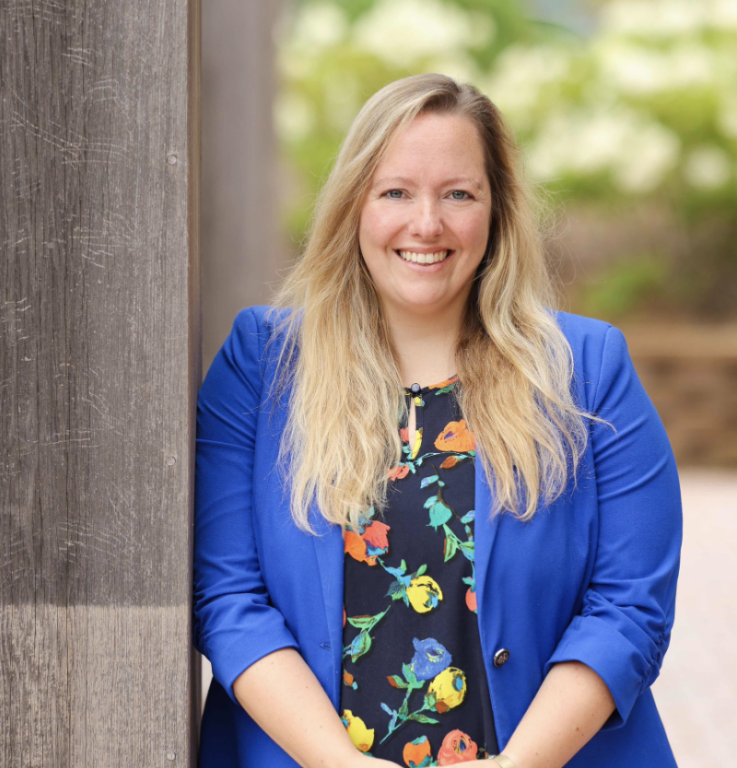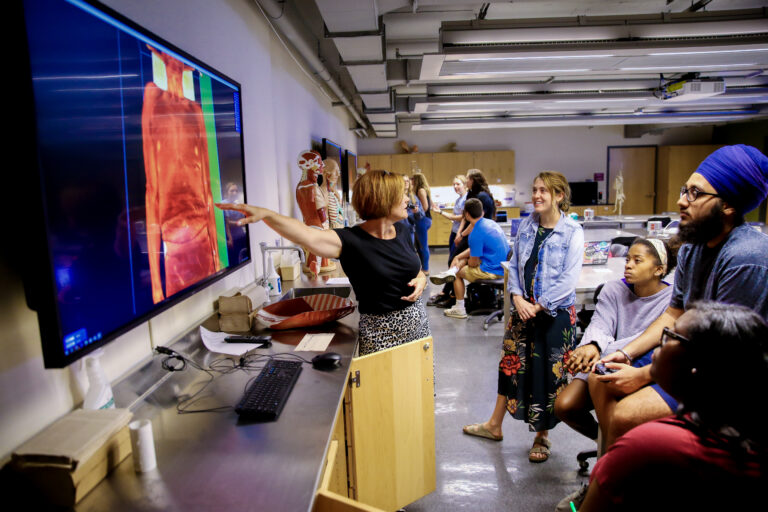All Blog Posts
The Mission of Furman University’s Master of Science in Community Engaged Medicine

Director of Furman University’s Master of Science in Community Engaged Medicine program, Dr. Rachael Bowers.
Furman University’s podcast, “Go Further,” recently delved into the heart of the institution’s groundbreaking Master of Science in Community Engaged Medicine (MSCEM) program. In a candid interview with the program director, Dr. Rachael Bowers, and education coordinator, Katie Beeson, listeners gained insight into what truly sets this program apart in the world of healthcare education.
MSCEM is a 12-month cohort-based journey that seamlessly integrates three foundational pillars: advanced biomedical sciences, community and public health coursework, and immersive fieldwork experiences. This unique blend not only equips students with a comprehensive understanding of the field but also fosters profound self-discovery, helping them discover their evolving philosophies around health and guiding them toward roles that align with their talents, skills and passions.

Education Coordinator of Furman University’s Master of Science in Community Engaged Medicine, Katie Beeson.
What distinguishes MSCEM from similar programs is its holistic approach. While similar programs may focus on one aspect of healthcare, MSCEM encompasses them all, preparing students for a multitude of paths within and beyond the realm of healthcare. The program’s structure is meticulously designed, with courses spanning three terms and covering a spectrum of subjects, from anatomy to genetics and health policy.
However, what truly sets MSCEM apart is its commitment to community engagement. Embedded within its DNA is a culture of collaboration and inclusivity, where students, faculty and community partners converge to tackle healthcare challenges comprehensively. Through internships, research opportunities and partnerships with Greenville organizations like Prisma Greenville Free Medical Center and the Queer Wellness Center, students gain valuable real-world experience beyond classroom learning.
Moreover, MSCEM promotes diversity of thought and experience, recognizing the transformative power of shared perspectives. Instructors actively encourage students to contribute their lived experiences, cultivating dynamic discussions that enhance the learning environment and propel the program forward.
Supporting students every step of the way are dedicated pre-professional health advisors, who provide invaluable guidance and resources as students navigate their post-graduate aspirations. Whether pursuing further education, such as medical or dental school, or entering the workforce, MSCEM graduates are prepared for success in a variety of fields, from medicine and law to non-profit leadership and community advocacy.

Community Engaged Medicine students engaging in a class.
The most profound impact of MSCEM lies in the ripple effect created by its graduates. Armed with a multifaceted understanding of healthcare and a deep-rooted commitment to advocacy, MSCEM alumni are confident to effect real change in their communities. From advocating for marginalized populations to leading systemic reforms, graduates embody the program’s ethos of compassion, advocacy and allyship.
In essence, Furman University’s Master of Science in Community Engaged Medicine program isn’t just shaping future doctors; it’s cultivating leaders who are able to redefine the landscape of healthcare. By nurturing a new generation of empathetic, socially conscious healthcare professionals, MSCEM is not only transforming individual lives but also reshaping the healthcare system as we know it.
If the principles of community engagement, interdisciplinary learning and social impact inspires you, consider applying to Furman University’s Master of Science in Community Engaged Medicine program. Through this immersive experience, you’ll not only gain a deep understanding of healthcare but also discover your unique role in advancing equitable and compassionate care. For more information on MSCEM, listen to the “Go Further” podcast episode, “Dr. Rachael Bowers and Katie Beeson – Community Engaged Medicine.”